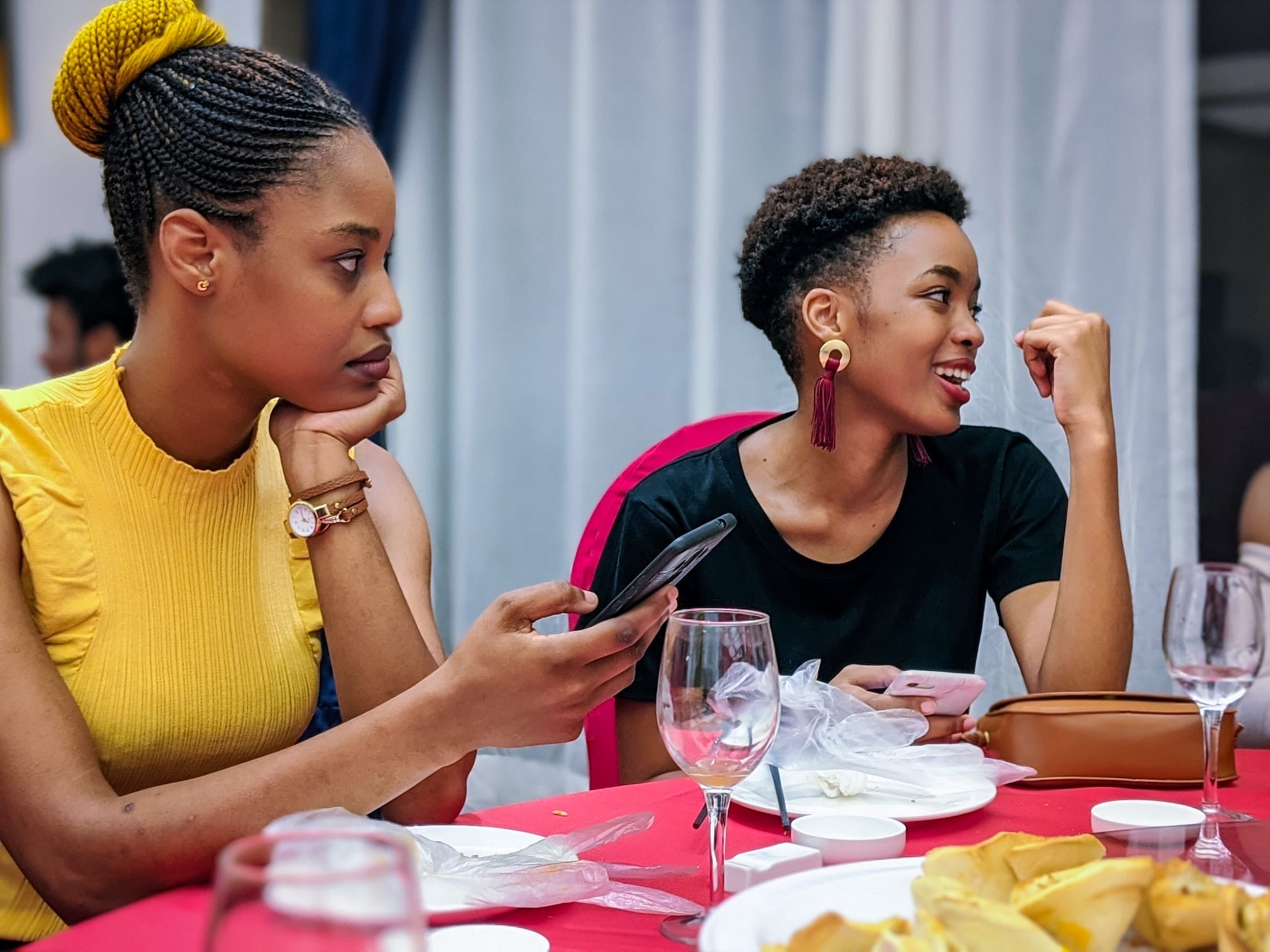Depression and the Modern Loneliness of Online Dating
According to the Pew Research Center, approximately 30 percent of U.S. adults have tried online dating, and millions more are using dating sites and dating apps regularly. Especially since the beginning of the COVID-19 pandemic, the rise of online dating has changed the way singles meet new people and start relationships.
With dating apps like Tinder and Bumble, we now carry millions of potential matches in our pockets. Online dating is a convenient way to form meaningful connections and long-term relationships, but not everyone has a positive experience. Dating apps are commonly associated with body image issues and low self-esteem—and research suggests that “swiping for love” can exacerbate the symptoms of depression.
How Dating Apps Contribute to Loneliness
There’s no denying that dating apps work. Research shows that the quality of relationships that start online isn’t fundamentally different than those that start in person, and 59 percent of online daters say that dating apps are a “good way to meet people.”
As convenient as online dating sites might be, swiping comes with some downsides. Here’s how online dating might be affecting your mental health.
- Dating apps fuel social media addiction. Last year, Match.com found that one in six singles reported feeling addicted to online dating apps. While men were 97 percent more likely to feel addicted than women, 54 percent of women felt burned-out from online dating. From the comparison trap to obsessively checking if someone has responded to our last message, dating apps leave us stuck in our routines, feeling unable to find and foster relationships offline.
- Rejection can happen at any time. Dating apps are a convenient way to meet new people, but 24/7 access to potential matches can take a toll on anyone’s mental health. Being able to date anywhere, all the time, makes us feel like we should be getting constant responses.
- Online dating makes us question our self-worth. Maybe you swiped right on the perfect match, but they didn’t respond. When we assume the worst, it can start a spiral that can lead to low self-esteem, low mood, and even anxiety symptoms. If you’re filling in the blanks with reasons they didn’t respond, there’s a good chance there’s no truth to it.
Common Signs of Dating App Depression
Depressive disorders are common and serious medical conditions that interfere with everyday life. Dating apps can trigger depressive symptoms among people who have pre-existing mental illnesses. However, online dating sites can also negatively impact people without pre-existing mental health disorders, leading to psychological and emotional distress.
According to the American Psychiatric Association, most forms of depression involve a combination of psychological and physical symptoms. Some common depression symptoms include:
- Feelings of sadness or a depressed mood
- Loss of interest in usual activities
- Changes in appetite, which can contribute to weight loss or weight gain
- Sleeping problems, such as insomnia or constant fatigue
- Digestive issues, such as nausea
- Feelings of worthlessness, hopelessness, shame, or guilt
- Difficulty thinking clearly, concentrating, or making decisions
- Suicidal thoughts or suicidal ideation
Living with major depression, seasonal affective disorder, or any kind of mental health condition can feel exhausting, but help is available. Depressive disorders typically involve psychotherapy, medications, or a combination of both. Cognitive behavioral therapy (CBT), an effective treatment for clinical depression, can help you learn healthier communication skills, cope with stressors, and develop a positive relationship with online dating platforms.
Supportive, Data-Driven Depression Treatment
Online dating can feel overwhelming, but you don’t have to do it alone. Psychotherapy creates a safe space to explore your thoughts, feelings, and behaviors with a licensed therapist. Whether you’re trying online dating sites for the first time or using dating apps regularly, CBT can help you develop a healthier relationship with online dating.
To find the right therapist, reach out to a mental health provider through the Therapy Group of NYC. We know that reaching out for professional help can feel intimidating—and we’re here to help you every step of the way. One of our compassionate, experienced mental health professionals will help you set healthy boundaries, explore your treatment options, and take care of your mental health so you can start feeling better.

